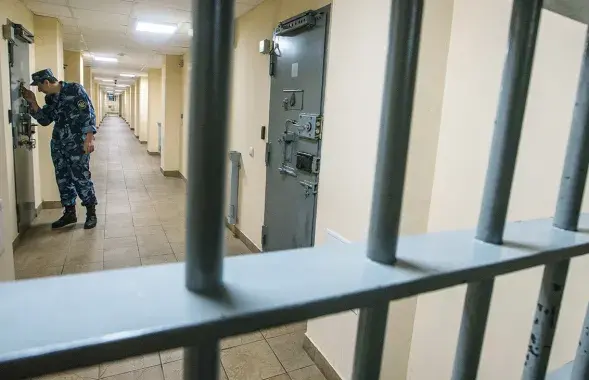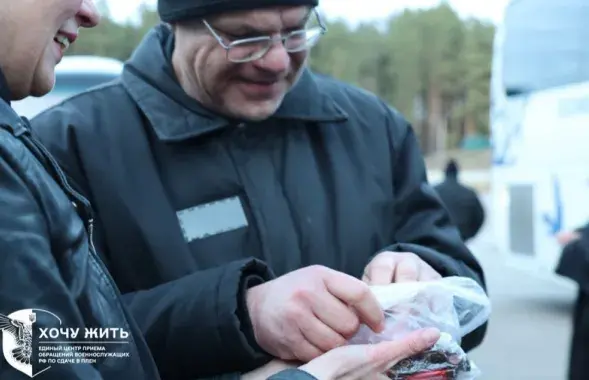Journalists advised to complain against security services over seized equipment
Aliaksandr Yarashuk, the chairman of the Belarusian Congress of Democratic Trade Unions, told the European Radio for Belarus that the first thing they did was to write a letter to the chief of the police department, demanding to return the seized equipment in the workable condition.
“We immediately wrote to the chief of the district police station, demanding to bring back the risograph in the workable condition”.
The “risograph case” eventually ended up in court. The Ministry of Information sought to subject the owner of the risograph to administrative prosecution for violating the rules of registration of the risograph and for carrying out publishing activities without a permit. The court threw away the demands of the officials from the Ministry of Information. But before the equipment was returned, more letters had been filed to the district prosecutor’s office and to Prosecutor General.
According to the chairman of the congress of trade unions, they were not 100 percent sure that their equipment would be returned. But they decided to fight to the end. He advises that journalists from whom security services took their equipment on March 27 do the same.
Aliaksandr Yarashuk: “The system does not expect that someone will start complaining and demanding the return of the equipment. The system is not ready. That’s why I want to give an advice: if you are sure that you are right, you should fight to the end”.
Yury Varonezhtsau, a former activist of the Civil Initiatives from Homel and a member of the National Committee of the United Civic Party, cannot recall exactly how many times and how many equipment was “temporarily” take by KGB and other security agencies. Once, his personal belongings were seized. They were returned “shortly”.
“During one of the raids at my apartment in early 2000s, KGB seized a container with 150 personal diskettes. They were returned 10 months after and after I had written 10 letters to the prosecutor’s office. I got them back following an order from the region prosecutor”, Varonezhtsau says.
The equipment seized from the offices of the Civic Initiatives did not have such a good luck.
“They took around 20 equipment items. They would only return one thing: a broken scanner. Early this year, there was another raid. They seized computers, two copiers. The equipment has not been returned up to now”, Varonezhtsau says.
Despite this sad experience, the activist advises not to sit in silence and wait for KGB or the police to return voluntarily the seized equipment. He thinks that lawyers and human rights activists should be approached to write complaints to prosecutor’s offices.
Andrei Sarotnik from the secretariat of the Belarusian Popular Front told the European Radio for Belarus, that his personal computer was confiscated during a search at his apartment. It was returned one month later only after he had complained to the prosecutor’s office.
The European Radio for Belarus approached Andrei Bastunets, a lawyer and a deputy chairman of the Belarusian Association of Journalists, to ask him for advice how journalists whose equipment was seized during the March 27 raids should behave. According to Bastunets, journalists should not sit and wait for the situation to get sorted it just like that. It is necessary to write to the Minsk prosecutor’s office, demanding to return the equipment and complaining against the fact of searches.
Complaints should be reviewed and responded to within 10 working days, Bastunets says. He thinks that the equipment will eventually be returned but hardly soon. If the equipment arrives back faulty, new complaints and compensatory lawsuits should be filed.





















